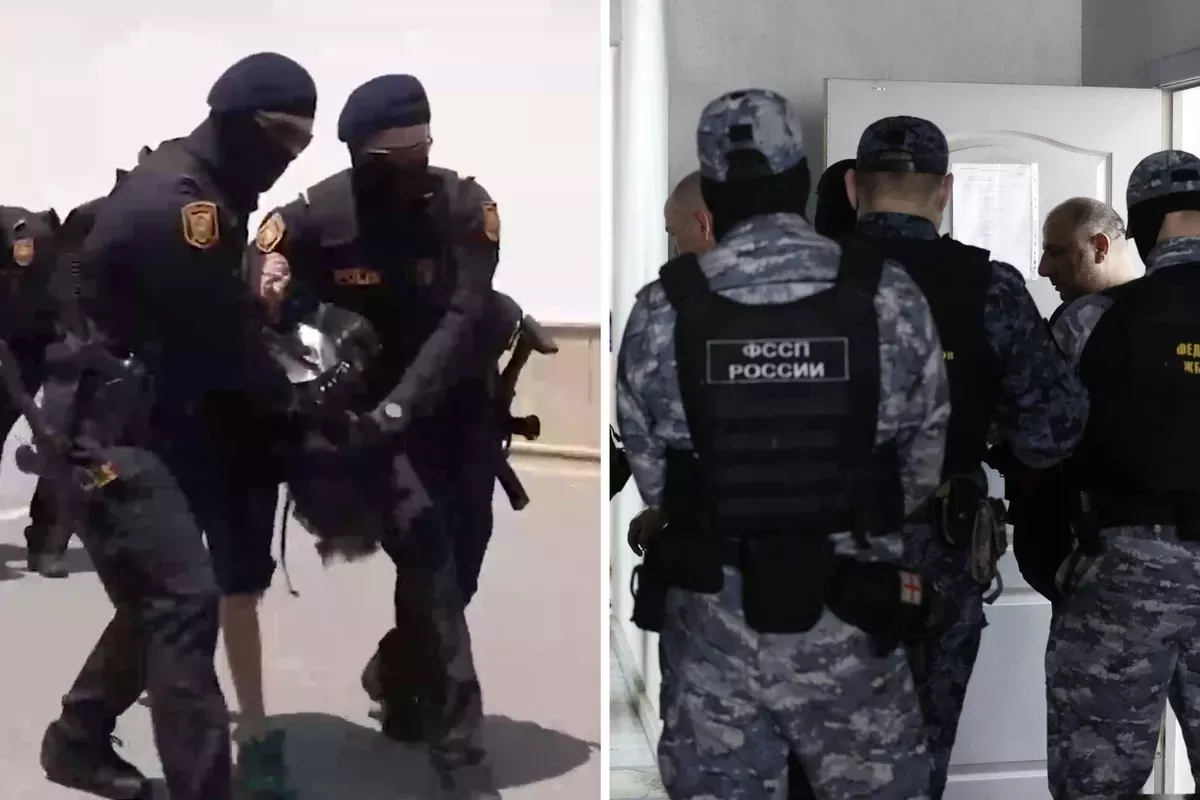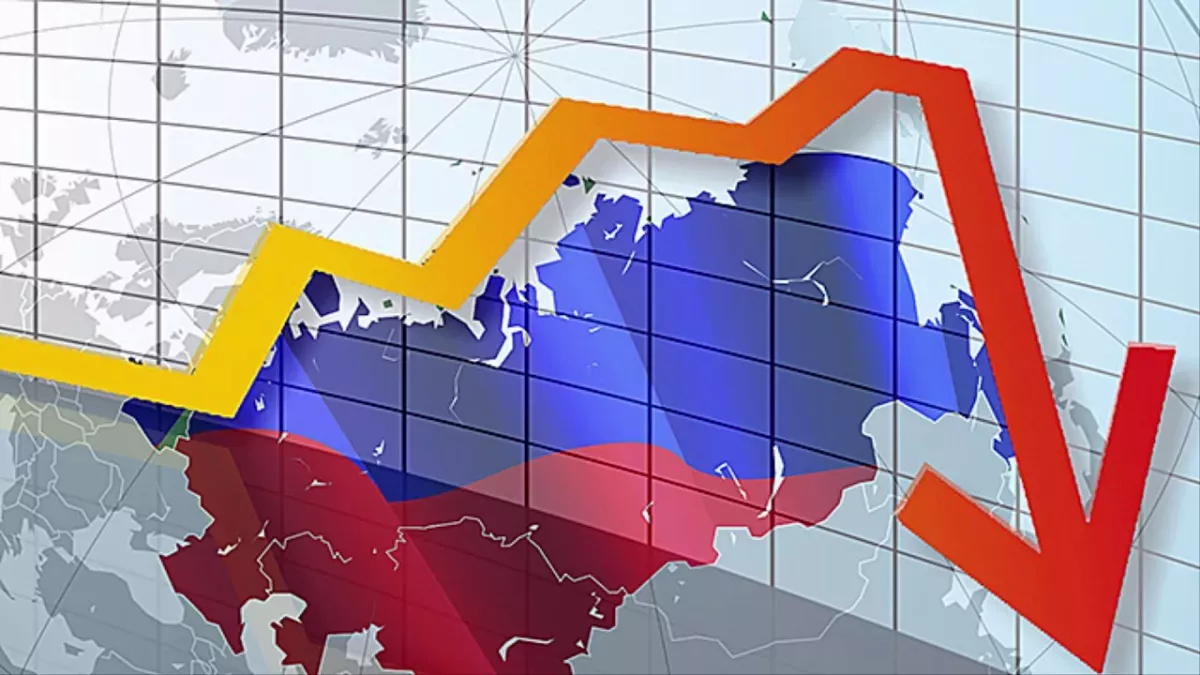From dissent to "ethnic threat" Azerbaijanis are being turned into enemies within Russia
Everything happening today in Russia concerning members of the Azerbaijani diaspora indicates that these processes are being overseen by the highest circles of power. Otherwise, it is impossible to explain the silent approval of central authorities for the exponentially growing anti-Azerbaijani lawlessness, including such blatant illegality as the annulment of Russian passports of people of Azerbaijani nationality, followed by forced deportation from the country.
The first signs of this lawlessness have already provided food for thought about its true causes. Against the backdrop of power struggles within Russia’s elite and the official media’s game of silence, it becomes clear: everything that is happening is sanctioned by the “top.”
But should we be surprised that Russia’s external intimidation tactics are gradually shifting to the domestic arena? Today, the “little green men” no longer hide under a figurative shell but act openly, using anti-Azerbaijani measures to instill fear in other ethnic minorities who practice Islam.

The bacchanalia against Azerbaijanis (let us reiterate: the citizens of Russia), often with tragic outcomes, carried out under the cover of law enforcement and with ideological support from influential political circles, has a clearly signalling purpose: to make an example, as it were, “so that others don’t dare.”
A neo-Nazi pattern is already emerging. People are being detained without trial or investigation, as in the Third Reich, accused of crimes without evidence. And no one in civil society protests. To be fair, even Russians whose views do not conform to the chorus of hate propaganda face severe pressure from the authorities.
But how do Russian authorities decide who is “one of us” and who is “an outsider” among their own citizens holding a passport? Is it based on ethnicity? Religion? Language? Skin color? Eye shape?
There are no official explanations. Yet, level-headed Russians of various nationalities quietly admit that it evokes tragic associations with the practices of the Third Reich. After all, in Germany at that time, people of non-titular nationalities were seized from their homes and streets solely based on ethnicity. Everyone knows how that ended.
Does Russia today truly feel the need to copy European practices from the 1930s? Moreover, many Russian politicians openly call for the return of Stalinist ideology, and sometimes even its methods, which claimed the lives of millions of innocent people.

Meanwhile, the country’s economy is collapsing. In foreign policy, there is total failure. Cultural degradation is becoming increasingly obvious. Sooner or later, this could lead to widespread public discontent. To distract people from real problems, the authorities are once again resorting to an old script: abroad — a “small victorious war,” at home — the search for “local enemies,” who, at best, should be quietly interned. According to the designers of this centuries-old scenario, both directions are meant to unite Russians, stirring up ethnic hatred even where it did not previously exist.
Yet surely there should be an understanding at the top: The residents of Russia are not only ethnic Russians, nor only Slavs. Does this mean the next step will be revoking citizenship from all non-Russians?
In the Soviet Union, there was the concept of “dissenters.” Today in Russia, that term is gradually being replaced by an ethnic criterion. The media, seemingly on command, first attack Tajiks, then Kyrgyz, then Uzbeks. And now it is the turn of Azerbaijanis.
In the past, the focus was on punishing outsiders to instill fear. Today, the approach has shifted to targeting people within the community itself, creating fear among them and turning them into outsiders. This raises a troubling question: will residents of the North Caucasus, Tatarstan, Bashkortostan, or Chuvashia still be considered part of the community?
In other words, Azerbaijani citizens of Russia are becoming a testing ground for a new ideology, effectively being imposed on society: “outsiders among the community.”
But have people from Central Asia and Azerbaijan ever truly been considered “one of the community” by Russians?








